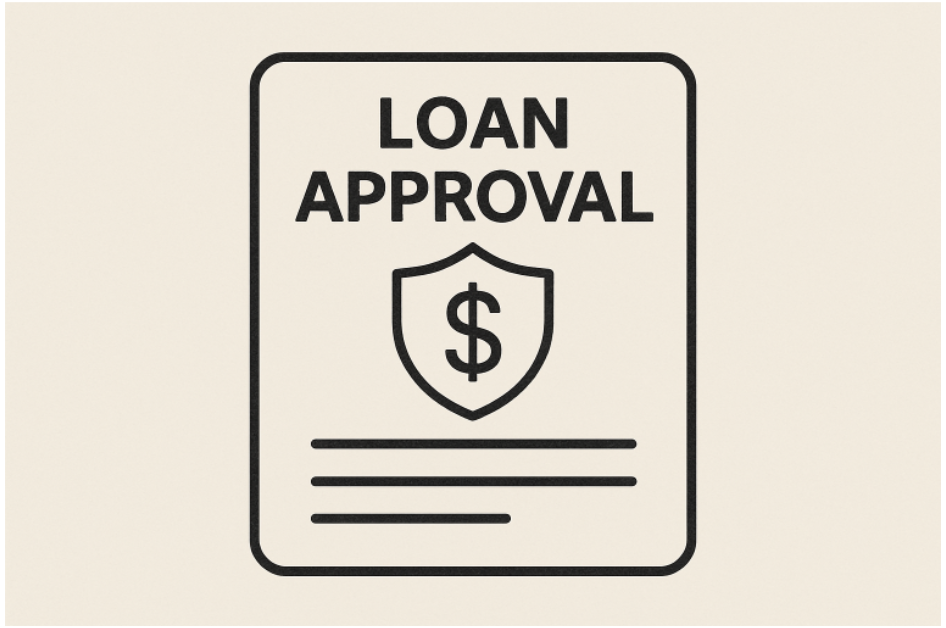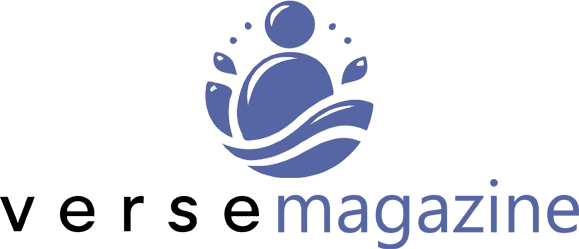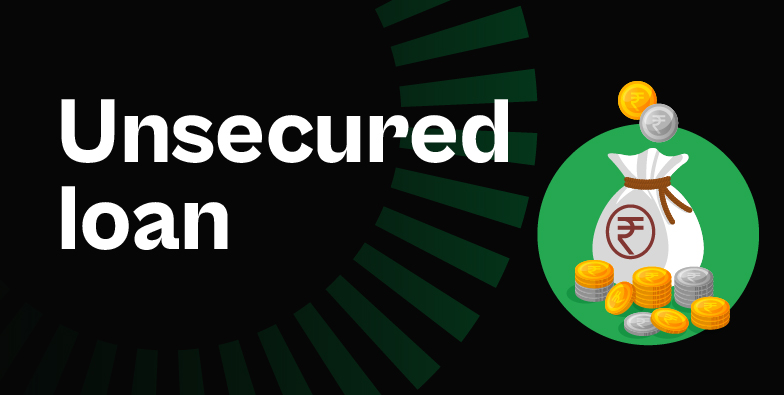What Are Unsecured Loans?
Unsecured loans are a type of credit provided by financial institutions that don’t require borrowers to pledge any assets, like a car or home, as collateral. Instead, lenders focus on your credit history, existing debts, and overall financial situation. By relying on your financial track record rather than assets, unsecured loans are beneficial for those who may not have significant property but still need quick access to funds. For real-life experiences, MaxLend reviews offer helpful insights into how the application and approval process works.
These loans also provide flexibility, as the funds can be used for nearly anything—such as medical bills, home renovations, or even debt consolidation. And because there’s no collateral to evaluate, approvals are often faster than for secured loans.
 Key Features of Unsecured Loans
Key Features of Unsecured Loans
- No Collateral Required: Unlike mortgages or car loans, unsecured loans don’t put your property at risk, which can be a big relief for borrowers worried about their assets. According to Investopedia, these loans are based on your creditworthiness, making them more accessible to a broader range of people.
- Credit-Based Approval: Lenders look at your credit score, income, and financial history. Higher scores often mean better rates and terms.
- Flexible Use of Funds: Whether it’s covering an emergency, funding a small project, or even taking a short trip, unsecured loans can fit a variety of needs.
- Fixed Interest Rates and Payments: Many loans offer fixed rates, which makes budgeting easier since your monthly payments won’t suddenly spike. Keep in mind, some loans have variable rates, so it’s essential to understand the terms before borrowing.
Benefits of Unsecured Loans
- Quick Access to Funds: Without the need for collateral appraisal, approvals, and fund disbursement are typically faster—ideal if you need money quickly. You can even apply online for a MaxLend loan to avoid the usual delays.
- Protection of Personal Assets: Since your home or car isn’t tied to the loan, default won’t automatically put your property at risk, giving you peace of mind.
Considerations Before Applying
- Higher Interest Rates: Because there’s no collateral, lenders charge more to offset their risk, which means overall repayment may be higher than secured loans.
- Stricter Eligibility Criteria: To qualify for the best rates, you’ll need a good credit score and a stable income, which can make it more challenging for some borrowers.
- Potential Impact on Credit Score: Late or missed payments can negatively affect your credit score and may lead to collection actions.
It’s essential to plan carefully and integrate a loan into your budget thoughtfully. For more guidance, check out this NerdWallet article, which offers a practical guide to unsecured loans and managing your finances.
Who Can Benefit from Unsecured Loans?
Unsecured loans are outstanding for people who:
- Don’t have significant assets to use as collateral, but need quick financing.
- Face unexpected expenses or personal projects that require fast access to cash.
- Want to consolidate multiple high-interest debts into one manageable monthly payment.
- Having solid credit scores and steady incomes helps them secure better loan terms.
Practical Examples:
- A recent college graduate is using a personal loan to cover relocation costs for a new job.
- A family covering unexpected medical expenses without putting their home or car at risk.
- Someone is combining several credit card balances into one easier-to-manage loan.
Conclusion
Unsecured loans can be a smart option for many borrowers. With no collateral required, you can access funds quickly and safely, whether it’s for emergencies, personal projects, or debt consolidation. Just keep in mind that interest rates may be higher and eligibility criteria may be stricter, so it’s essential to carefully evaluate your situation. By understanding the pros and cons, you can make informed decisions and use unsecured loans responsibly to support your financial goals.







